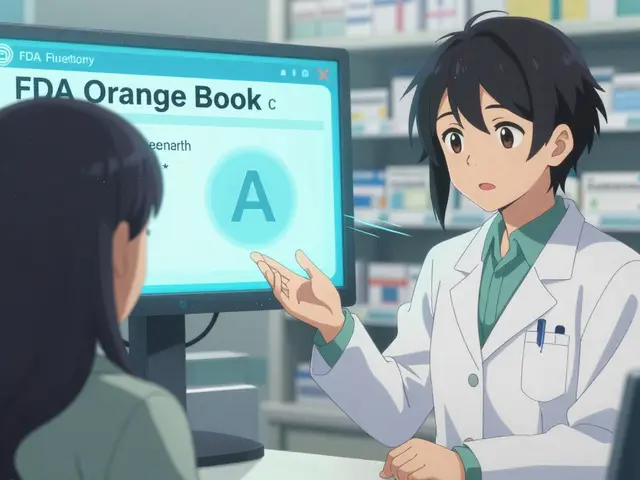Mometasone: What It Is, How It Works, and What Alternatives Exist
When you reach for a nasal spray or cream to calm down itching, swelling, or redness, you might be using mometasone, a synthetic corticosteroid that reduces inflammation by suppressing immune activity in the skin, nose, or lungs. Also known as Nasonex in nasal form or Elocon in topical form, it’s one of the most common steroid treatments for allergies and skin flare-ups. Unlike antibiotics that kill germs, mometasone doesn’t fight infection—it stops your body from overreacting to things like pollen, dust, or irritants. That’s why it works so well for chronic issues like allergic rhinitis or eczema, where the problem isn’t bacteria, but your own immune system going haywire.
Mometasone comes in three main forms: nasal spray, skin cream, and inhaler. The nasal spray targets runny nose, sneezing, and congestion from allergies. The cream treats eczema, psoriasis, and rashes by calming inflamed skin. And the inhaler helps control asthma by reducing swelling in the airways. Each version delivers the drug right where it’s needed, so you get relief with less risk of side effects elsewhere. But even though it’s topical or inhaled, your body still absorbs a little of it. That’s why long-term use, especially in kids or on large skin areas, needs monitoring. Common side effects include nosebleeds, throat irritation, or thinning skin—nothing drastic for most people, but worth knowing.
People often ask if mometasone is better than budesonide or fluticasone. The answer? It depends. Budesonide, like in Rhinocort, is close in strength but may cause less nasal dryness. Fluticasone, found in Flonase, works similarly but has more long-term safety data. For skin, hydrocortisone is milder and fine for short-term use, while mometasone packs more punch for stubborn rashes. If you’re using it for asthma, beclomethasone or ciclesonide might be alternatives your doctor suggests based on your age or severity. None of these are "better"—they’re just different tools for different jobs.
You’ll find posts here that compare mometasone to other steroids, explain how to use it safely, and show when it’s time to switch. Some cover how it stacks up against non-steroid options like antihistamines or calcineurin inhibitors for eczema. Others dig into what happens if you stop suddenly, or how to avoid rebound effects. Whether you’re a parent managing a child’s eczema, someone with seasonal allergies, or just trying to understand why your doctor picked this specific spray, you’ll find clear, no-fluff advice below. No marketing hype. Just facts about what works, what doesn’t, and what to watch for.

Mometasone and Drug Interactions: What You Need to Know
Mometasone is safe for most people, but certain drugs like antifungals, HIV meds, and grapefruit juice can increase steroid levels and cause serious side effects. Know the risks and how to stay safe.
Continue Reading



